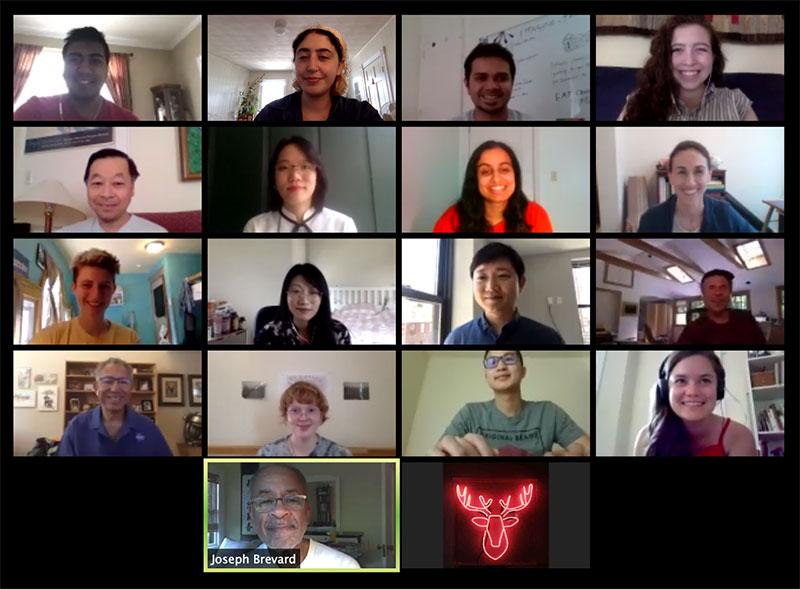The Collaborative Summer Institute

In May 2020, the Collaborative launched the “Collaborative Summer Institute.” This annual internship program was created to give college, graduate students, and recent graduates an opportunity to participate in intensive learning experiences by exploring solutions to real world challenges.
The Summer Institute helped participants bridge the gap between the academic and professional realms, providing applied work experience and mentorship. During the summer, each intern worked in support of an ongoing company project or helped a member of the firm’s staff launch new ones. Activities ranged from researching and writing white papers, to helping craft op-ed essays, to developing software apps.
Topics focused on community building, urban design, promoting ADA accessibility, transportation, public health, and the environment. For example, one representative project, “Eat Out” Model Municipal Guidelines, entailed the development of model zoning guidelines for cities and towns to quickly adopt municipal codes for supporting socially-distanced outdoor dining.
Every Friday, interns presented their progress and received feedback from other interns and Collaborative staff. During the week each intern worked with a Collaborative Principal Investigator or outside expert in their field brought in by the Collaborative, who together served as faculty advisors and mentors.
Summer Intern Reflections
Climate Crisis Communications
This project will culminate in an op-ed article aimed at the informed but casual reader summarizing (1) how far off we are from the ideal trajectory for addressing the problem and (2) what our realistic options are to reaching the goals of these climate temperature targets. Essentially, I am examining current data on renewable energy (Wind, Solar, Nuclear, Geothermal etc.), temperature data and carbon dioxide emissions to see if these goals can be met globally.
I have gained so much knowledge interning at the Collaborative and assisting the climate research article. With this knowledge, we can have a better understanding of our future to address climate change vulnerabilities.
NYC Transportation GIS and Data Analysis
Our goal is to help develop a GIS-based multi-criteria analysis method to rank NYC transportation infrastructure improvements based on a range of current demographic, socio-economic and physical attributes to improve mobility.
Developing a multi-criteria analysis is offering the opportunity to understand transportation systems from a comprehensive and systematic perspective, which makes the decision-making process well-grounded.
“Eat Out” Municipal Codes
I am helping compile a booklet that lists several reopening strategies for cities and small businesses struggling to accommodate to strict social distancing standards. It is hoped the piece will be published after being vetted by the National Restaurant Association.
I have really enjoyed researching innovative COVID-19 reopening strategies that support restaurants and small businesses — the work I have done with the Collaborative is topical and immediately relevant to the world around me.
United Public Health Trust
My work on this project is to engage in research in support of books and articles, notably the United Public Health Trust, which proposes the creation of a new international fund to proactively address pandemics and global warming.
It has been really fulfilling to do research on new ideas for the future and to write about those ideas in a way that highlights the Collaborative’s forward-thinking mentality.
NYC Transportation GIS and Data Analysis
The goal of this project is to develop criteria for determining which accessibility improvements would have the greatest positive impacts on seniors, people with disabilities, and others who rely on accessible infrastructure in New York City. We are also taking into account funding constraints and hope to develop an algorithm for prioritizing accessibility improvements that will incorporate selected criteria.
“It has been so rewarding to participate in the project helping NYC further improve and expand the accessibility and availability of services and facilities


